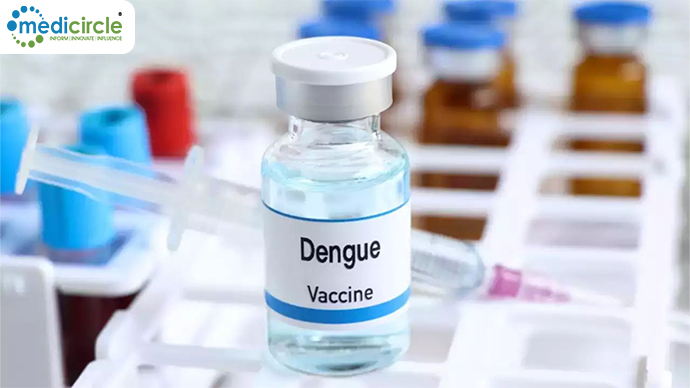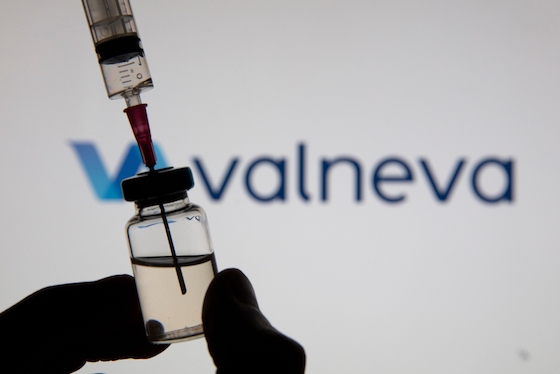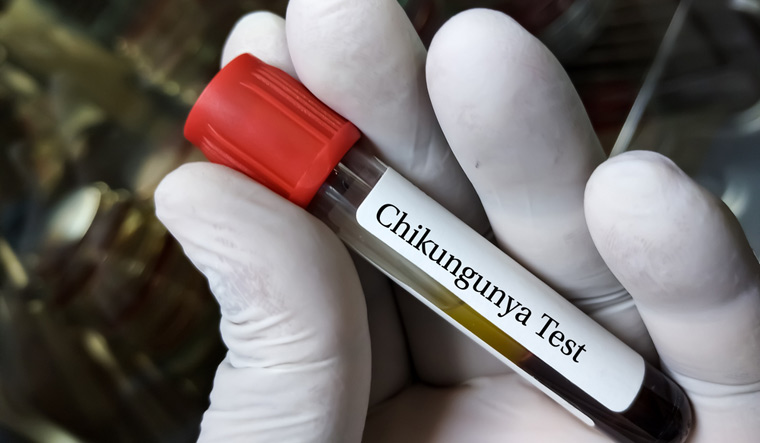Measles, a disease once on the verge of elimination, is staging a concerning global comeback. The World Health Organization (WHO) and the US Centers for Disease Control and Prevention (CDC) recently reported a staggering 20% rise in measles cases last year. This surge highlights a troubling reality: despite the availability of a highly effective vaccine, millions of children worldwide remain unprotected.
Measles is caused by a highly contagious airborne virus that predominantly affects children under five. Its symptoms include fever, rash, cough, and in severe cases, complications such as pneumonia, brain swelling, and even death. Yet, this disease is entirely preventable with two doses of the measles vaccine.
Shockingly, 10.3 million cases were reported globally in 2023, up from 8.65 million in the previous year. These numbers reflect a devastating failure of healthcare systems to protect the most vulnerable, especially in the world’s poorest and conflict-ridden regions.
The African region bore the brunt of this resurgence, accounting for nearly half of all large outbreaks. Here, the death toll from measles rose by an alarming 37% compared to the previous year. This surge exposes the fragile healthcare infrastructure in many African nations, where access to vaccines remains inconsistent due to logistical challenges, conflicts, and economic instability.
Globally, every country has access to the measles vaccine. Yet, the disease continues to claim lives. WHO’s Natasha Crowcroft called the measles death toll “unacceptable.” According to her, no child should suffer or die from a disease that is entirely preventable.
The decline in measles-related deaths by 8% to 107,500 is attributed to improved healthcare services in high-income countries. However, even this reduced number represents a grim statistic in an era where no child should succumb to measles.
Several factors have contributed to the global spike in measles cases:
1. Inadequate Vaccine Coverage
- While the measles vaccine is universally available, many children in low-income countries still do not receive even the first dose. Immunization campaigns in conflict zones and remote areas are often disrupted, leaving millions unprotected.
2. Healthcare System Failures
- The WHO identified a widespread inability to reach children with vaccines as the primary cause of the measles surge. Infrastructure gaps, insufficient funding, and poor management further exacerbate the problem.
3. Vaccine Hesitancy
- In addition to systemic failures, vaccine hesitancy has also played a role. Misinformation, distrust in healthcare systems, and cultural resistance have discouraged many families from vaccinating their children.
4. Post-Pandemic Challenges
- The COVID-19 pandemic disrupted routine immunization services worldwide. Despite efforts to recover, many regions have yet to restore pre-pandemic immunization levels, leaving a dangerous gap in protection.
Although Africa experienced the most significant impact, other regions also reported substantial increases in measles cases:
- Eastern Mediterranean and Southeast Asia: These regions witnessed notable outbreaks, fuelled by ongoing conflicts and strained healthcare systems.
- Europe and the Western Pacific: Despite better access to vaccines, these regions saw a surge in cases due to vaccine hesitancy and public health policy gaps.
The resurgence of measles is a stark reminder that public health progress can quickly unravel without sustained efforts. Vaccination is not merely a medical intervention but a social contract to protect the most vulnerable. The rise in measles cases serves as a wake-up call for governments, international organizations, and communities to prioritize immunization campaigns and combat misinformation.
Solutions to Reverse the Trend
1. Strengthening Healthcare Infrastructure: Investing in robust healthcare systems, especially in low-income countries, is critical. Efficient vaccine delivery mechanisms and mobile health units can bridge the gap in remote and conflict-ridden areas.
2. Boosting Immunization Campaigns: Governments and global health agencies must intensify immunization drives, ensuring no child is left behind. Outreach programs tailored to specific regions can help overcome logistical and cultural barriers.
3. Combating Vaccine Hesitancy: Public health campaigns should focus on educating communities about the safety and benefits of vaccines. Engaging local leaders, influencers, and healthcare workers can build trust and dispel myths.
4. Restoring Routine Vaccination Services: Post-pandemic recovery plans should prioritize routine immunization. Governments must allocate sufficient resources to restore and expand vaccination programs.
5. Global Cooperation: Measles is a global issue requiring a coordinated international response. Partnerships between governments, NGOs, and organizations like the WHO and UNICEF can pool resources and expertise to tackle outbreaks.
The measles vaccine represents one of the most significant achievements in medical history, capable of eradicating a disease that once claimed millions of lives. However, the current resurgence highlights the need for renewed vigilance and commitment.
Every child deserves the chance to grow up healthy and free from preventable diseases. The rising measles cases are not just a public health failure but a moral failing of global society. We have the tools and knowledge to end measles deaths but what we need now is action.
The fight against measles is far from over. Governments must step up their efforts, healthcare systems must become more resilient, and communities must rally together to protect their children. Measles is preventable, but only if we act decisively and collectively.
.png)
 Governments must step up their efforts, healthcare systems must become more resilient, and communities must rally together to protect their children.
Governments must step up their efforts, healthcare systems must become more resilient, and communities must rally together to protect their children.







.png)
.png)
.jpg)









.jpeg)


.jpeg)
.jpeg)
.jpeg)
_(1).jpeg)

_(1)_(1)_(1).jpeg)
.jpeg)
.jpeg)
.jpeg)








.jpeg)
.jpeg)